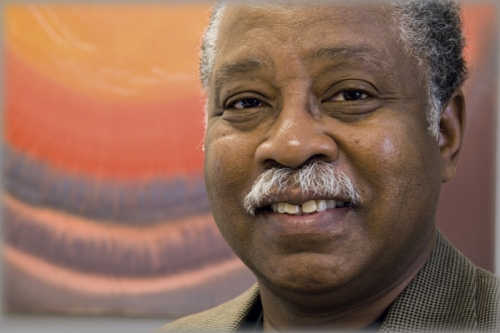Eleven years ago, Tomeiko Ashford told us, “I really would like to teach on the college level, to become a professor.” (See Endeavors, Fall 1995, “Working Their Way into Place.”) Now she’s the associate director at Carolina’s Institute of African American Research, and she’s just one of many who achieved their goals with the help of minority programs on campus. And though the names and acronyms of the individual programs seem to evolve and change almost daily, their aim remains the same: the promotion and advancement of minority scholarship.
In 1974, armed only with a doctorate in educational psychology, Henry Frierson booked a gig as assistant professor at UNC’s medical school. One of the first things he did was overhaul the Medical Education Development Program, now one of the most effective preparatory programs in the country for aspiring medical and dental students from underrepresented minority and disadvantaged groups. Soon after, he developed the Learning and Assessment Laboratory, an academic support program within the medical school. “We helped professional students to perform better academically by providing test-taking and time-management skills, learning strategies, academic counseling, and effective note-taking skills,” he says.
In 1988, the dean of the Graduate School asked Frierson to set up something similar, but with a focus on recruiting minority students into graduate, particularly doctoral, programs. So Frierson created the Minority Pre-Graduate Research Education program, now known as SPGRE, which is open to undergraduates across the country. Next came the social science and humanities component of SPGRE, originally known as the Minority Undergraduate Research Apprentice Program (MURAP), which typically focuses on students in the natural sciences.
Unlike their parent programs, SPGRE and MURAP are research-based, and are designed to help minority students adjust to the graduate school atmosphere. Each undergraduate gets involved in a research project under the supervision of a faculty member. SPGRE and MURAP have paved the way for other undergraduate research-based programs at UNC. Research Education Support, along with Science and Math Achievement and Resourcefulness Track, are now increasing the number of underrepresented students pursuing graduate education.
Danielle Jacobs was a student who formerly contributed to Endeavors.


